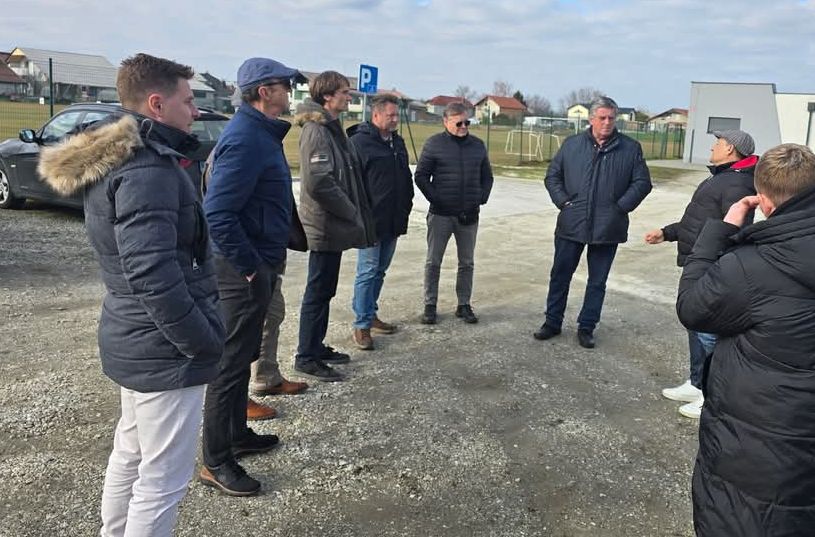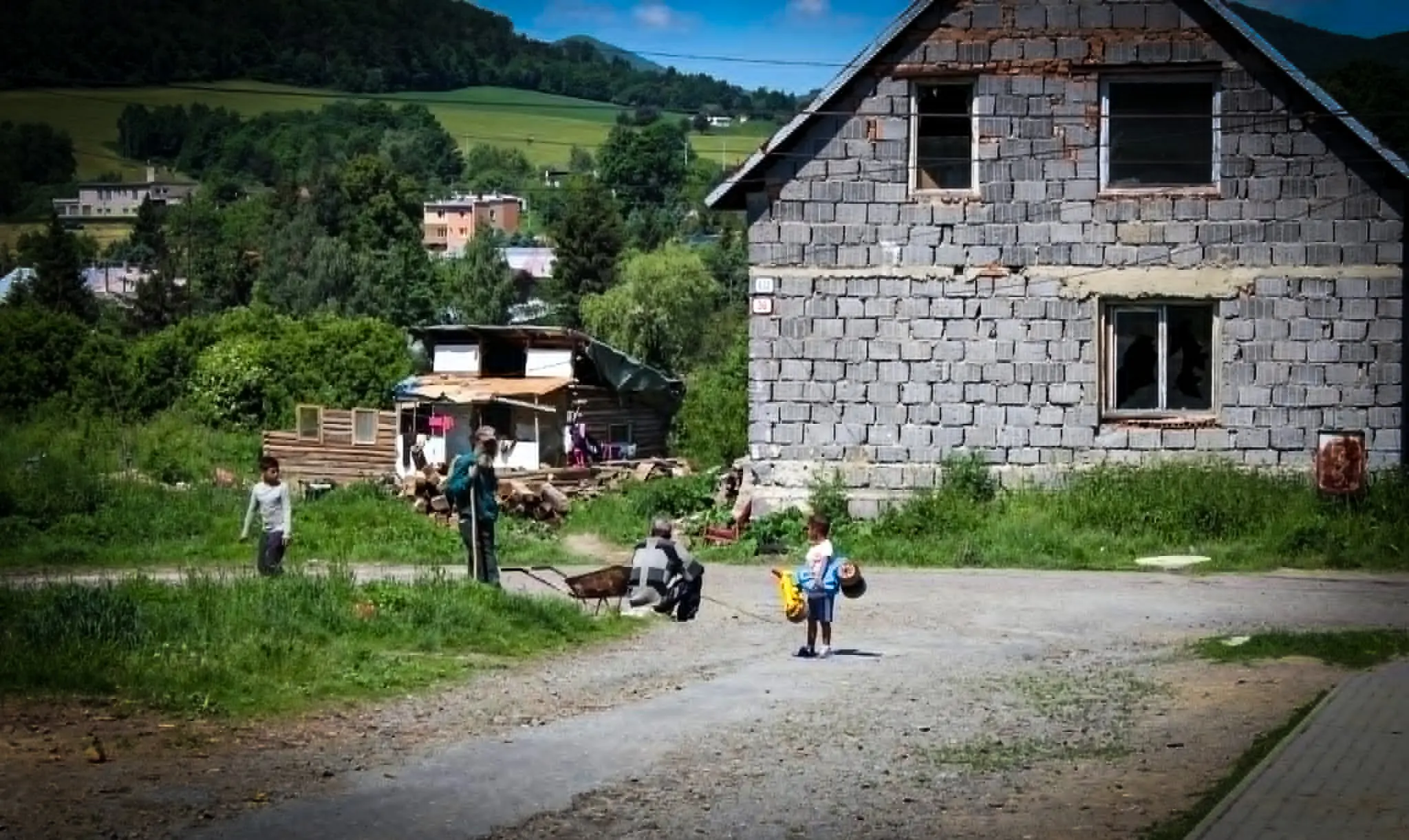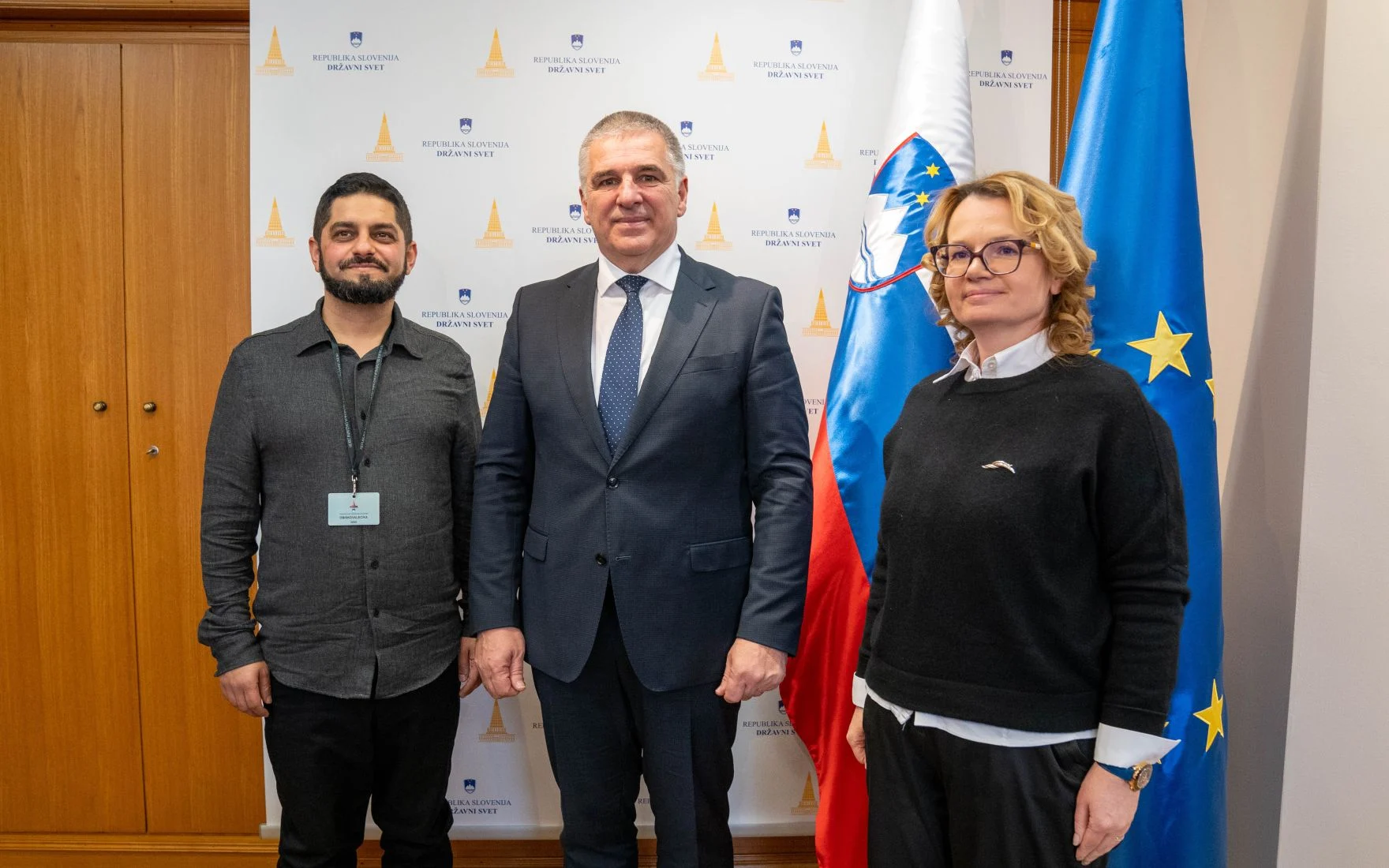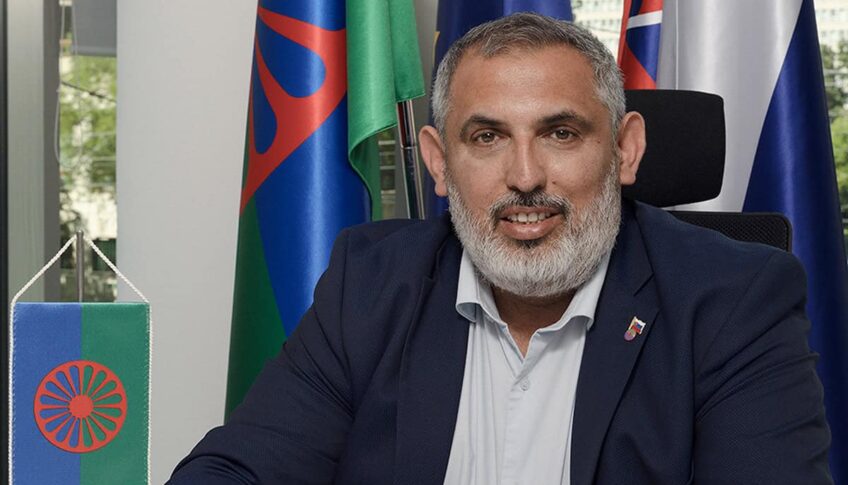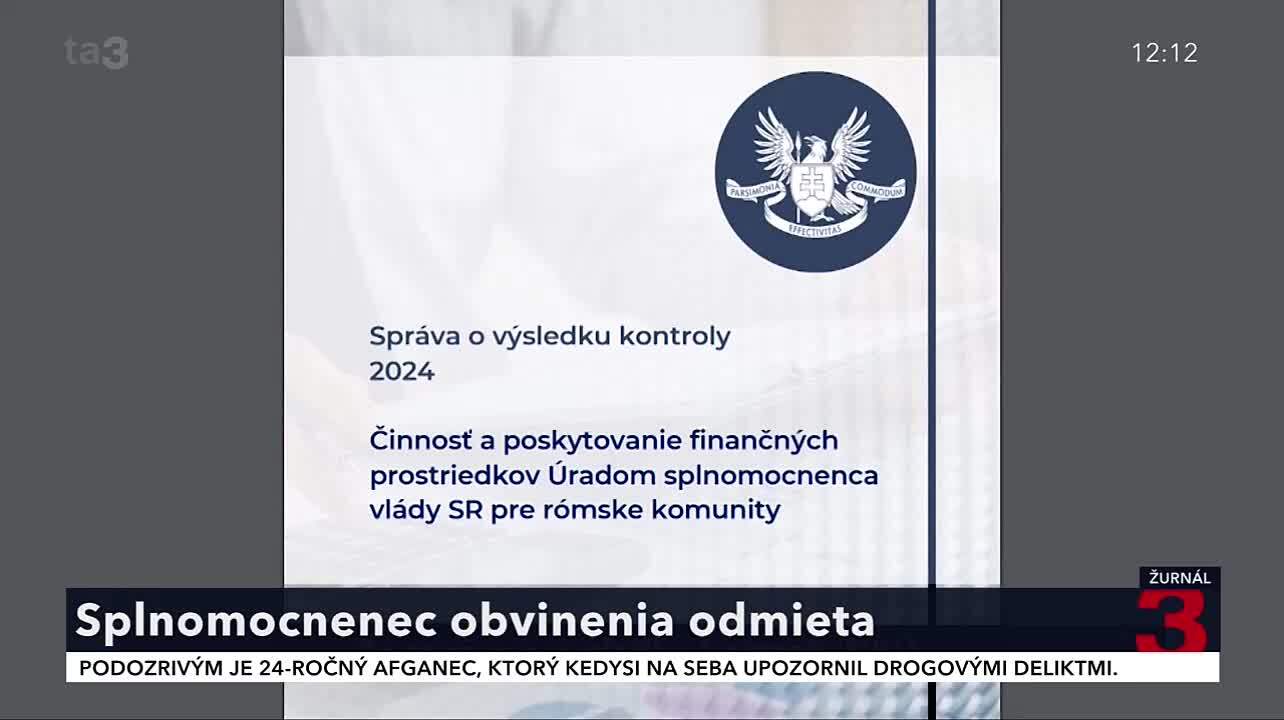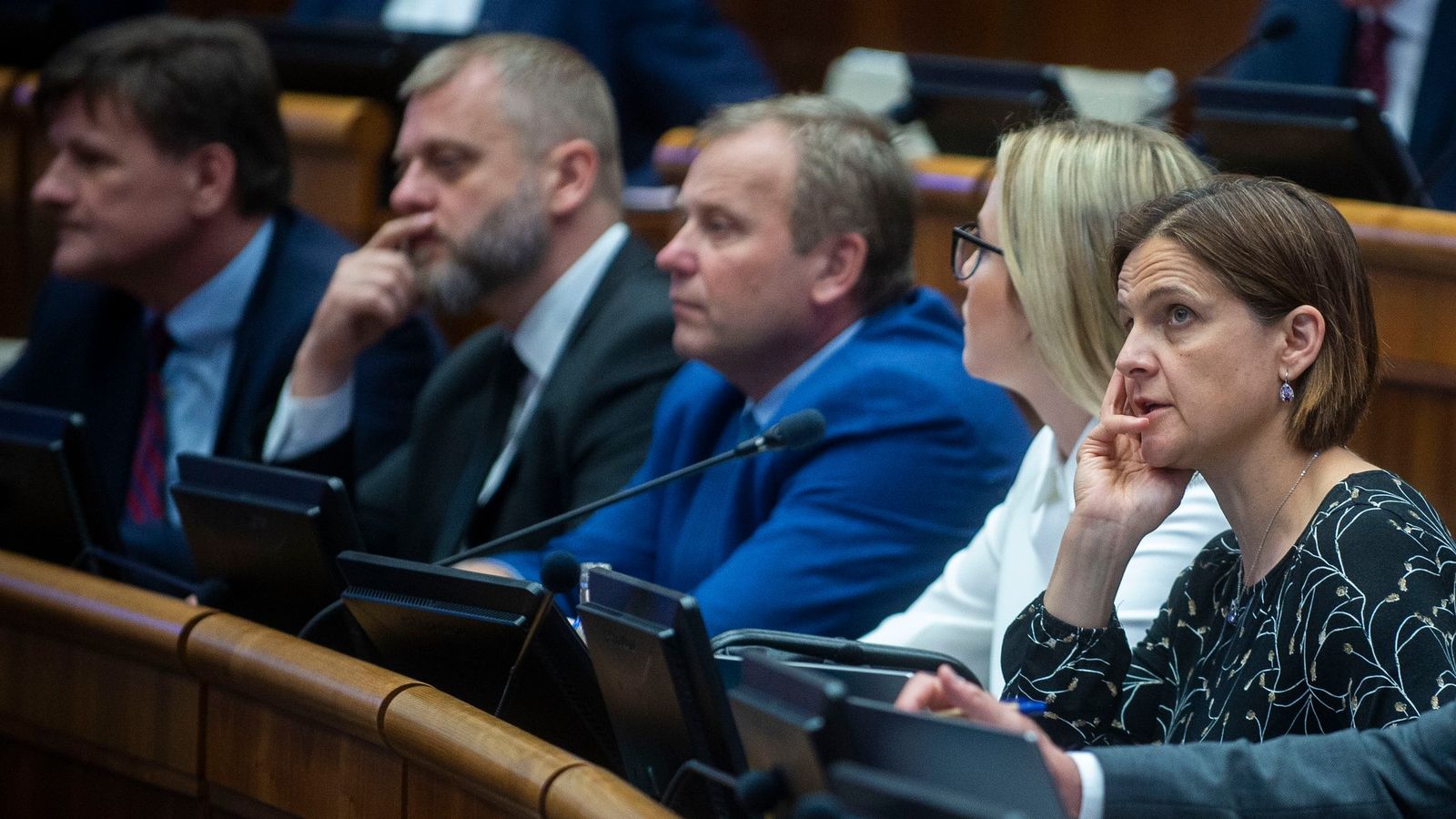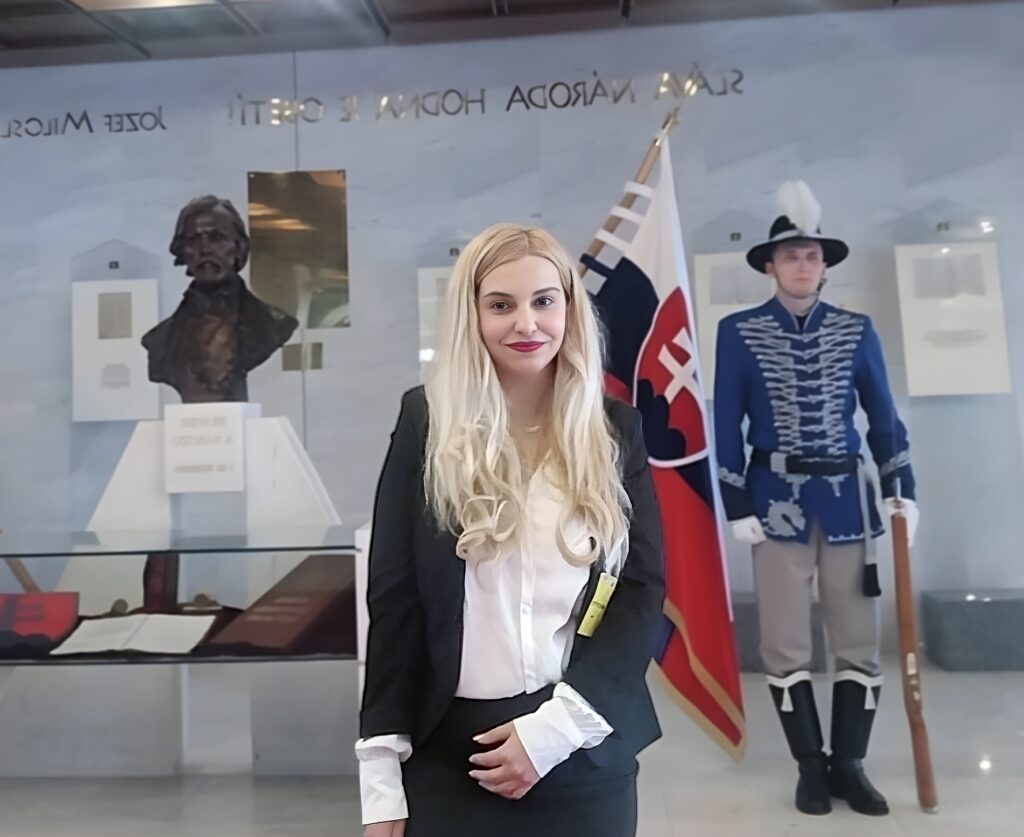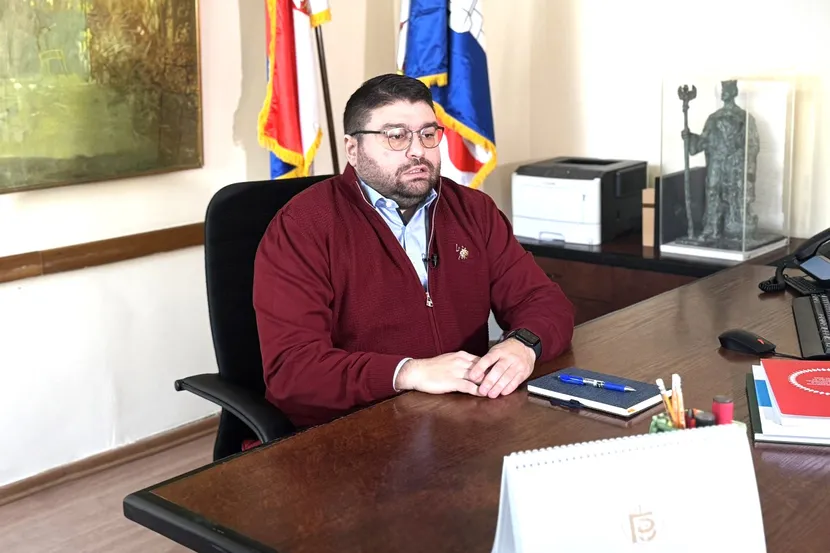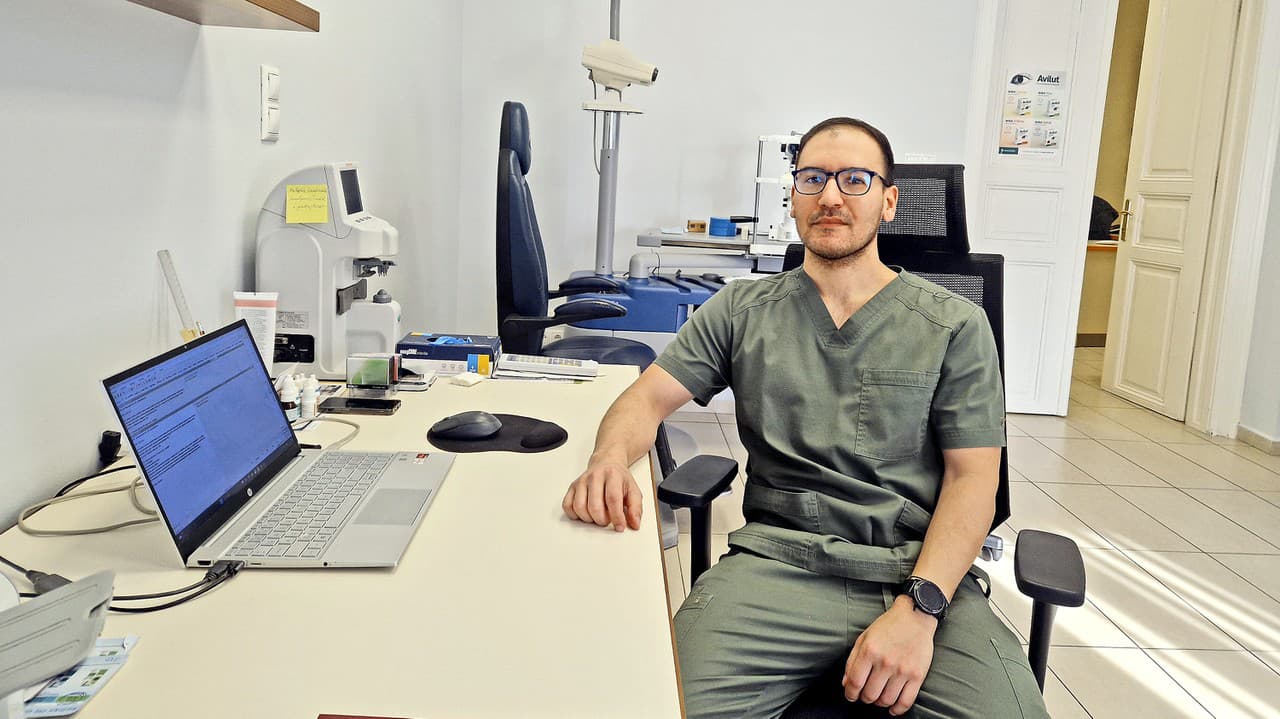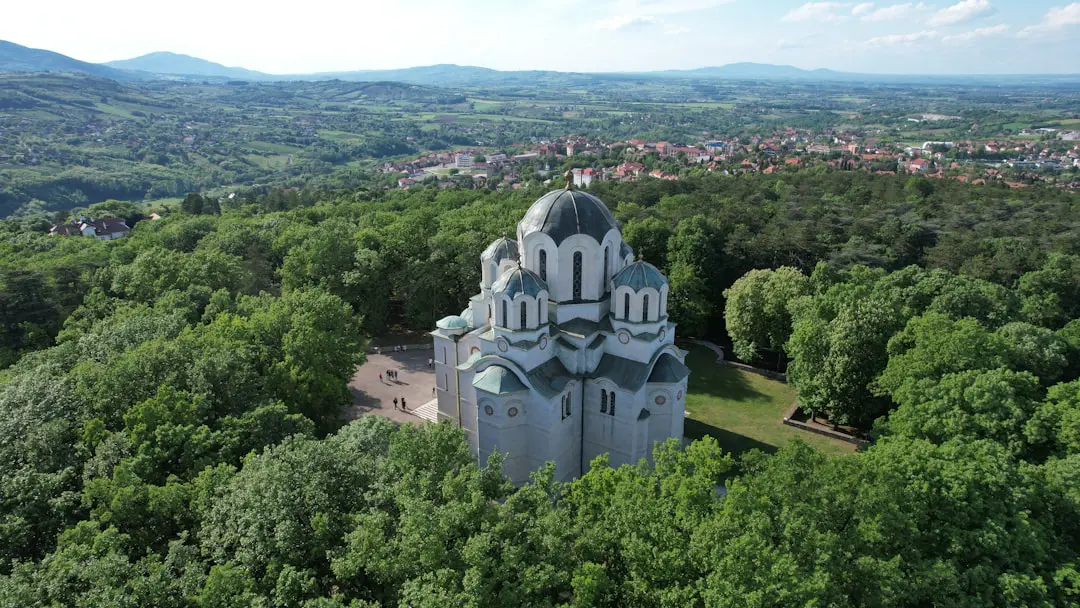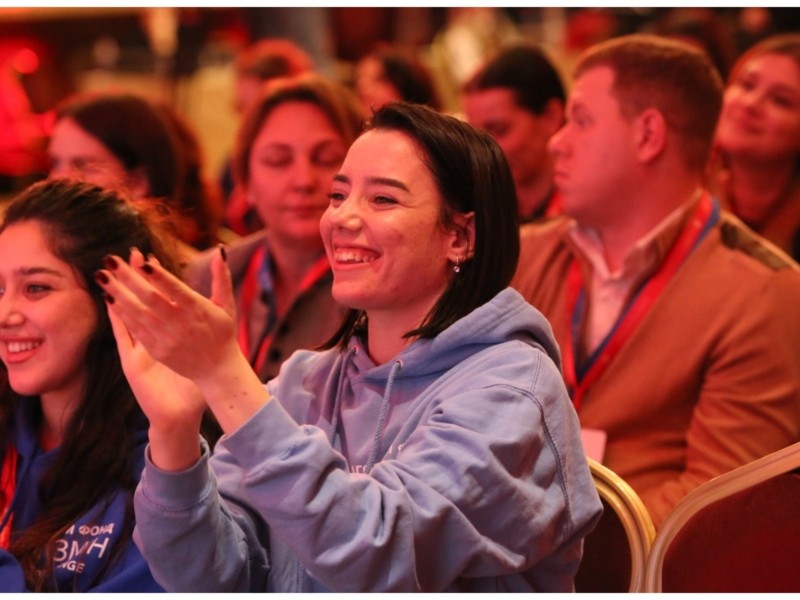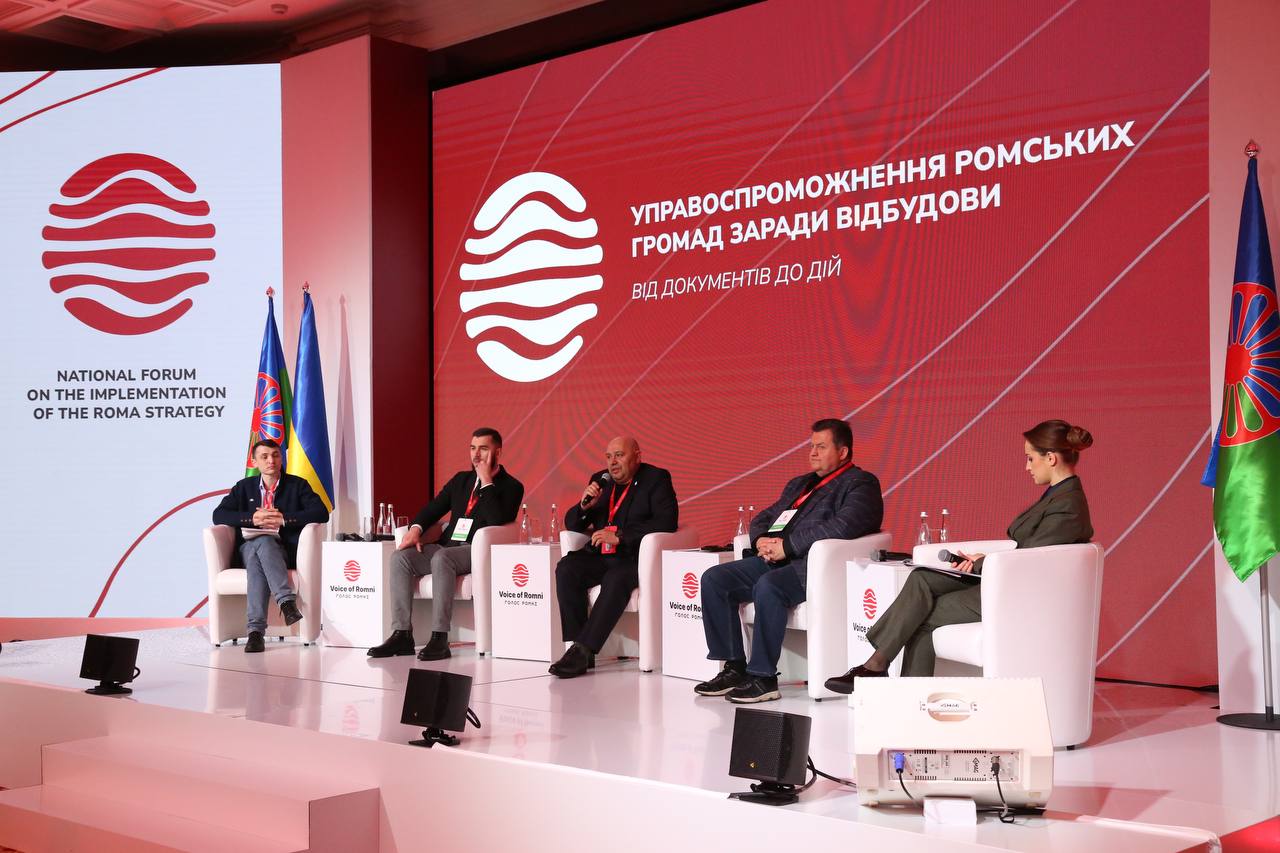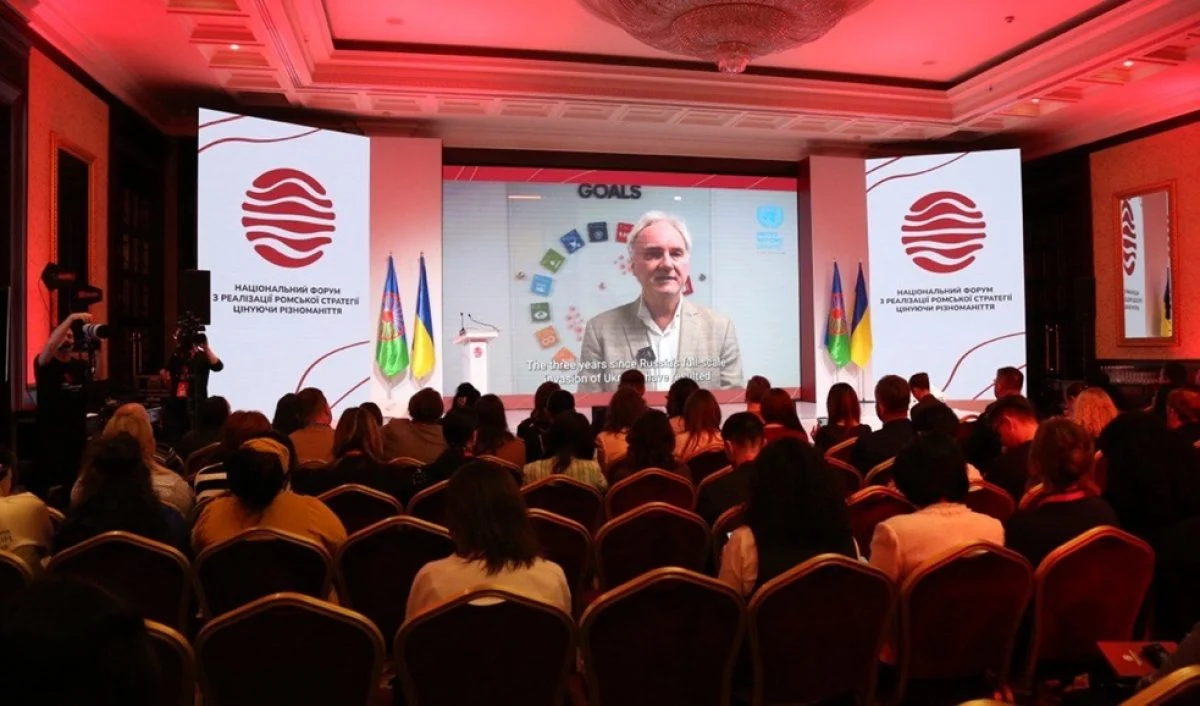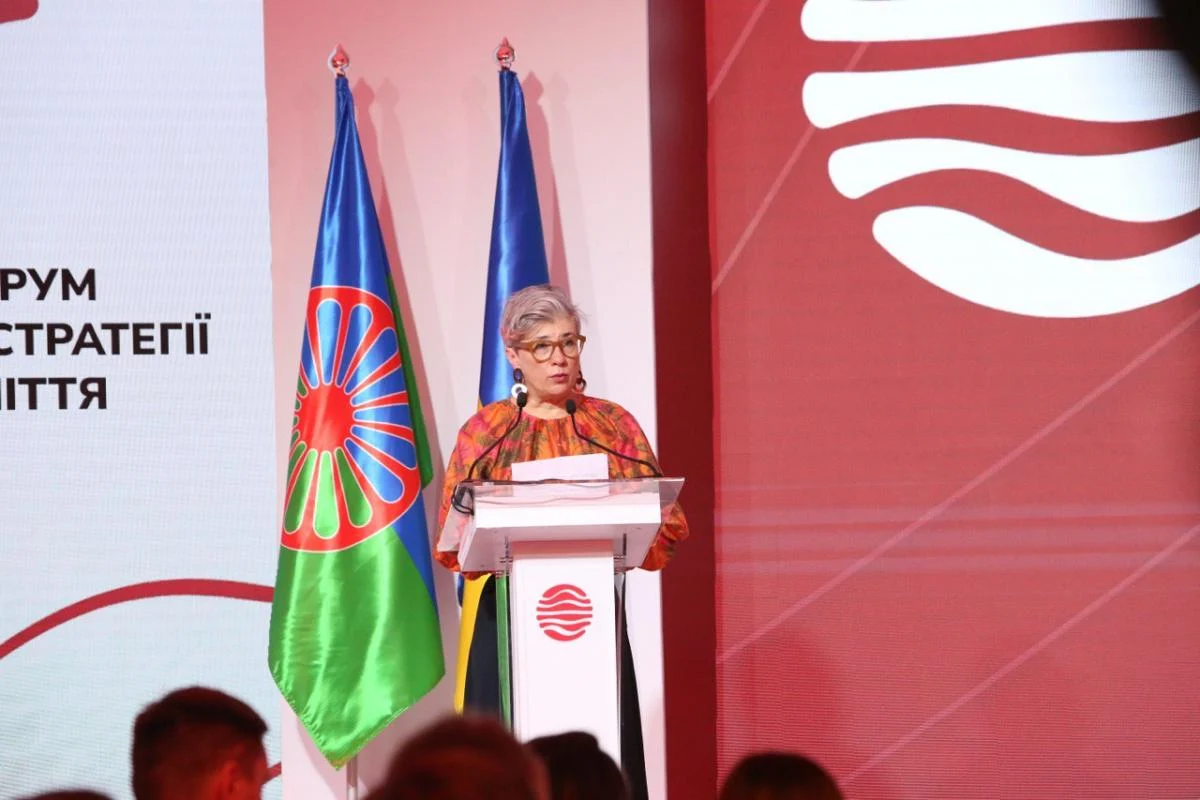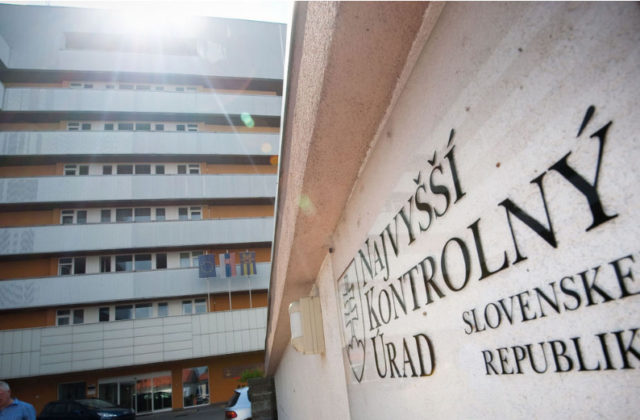Roma in Southeastern Slovenia have a very bad reputation, and not a week goes by without some headlines in the Slovenian press about the Roma “problem”.
But not all Roma are like that. At the initiative of Silva Mesojedec from the Regional Civil Initiative (RCI) and Darko Rudaš, president of the Forum of Roma Councilors from the Roma settlement Pušča in Prekmurje, members of the RCI and also members of the People’s Initiative (LI) Šentjernej recently went to visit and see Pušča near Murska Sobota. There, they found a clean settlement, well ordered, with people working. The settlement has ca. 600 inhabitants.
- Zakaj se dolenjski Romi ne obnašajo kot prekmurski v Pušči? In: Dolenjski List. 23.02.2025. https://dolenjskilist.svet24.si/2025/02/23/299710/novice/dolenjska/zakaj_se_dolenjski_romi_ne_obnasajo_kot_prekmurski_v_pusci/
